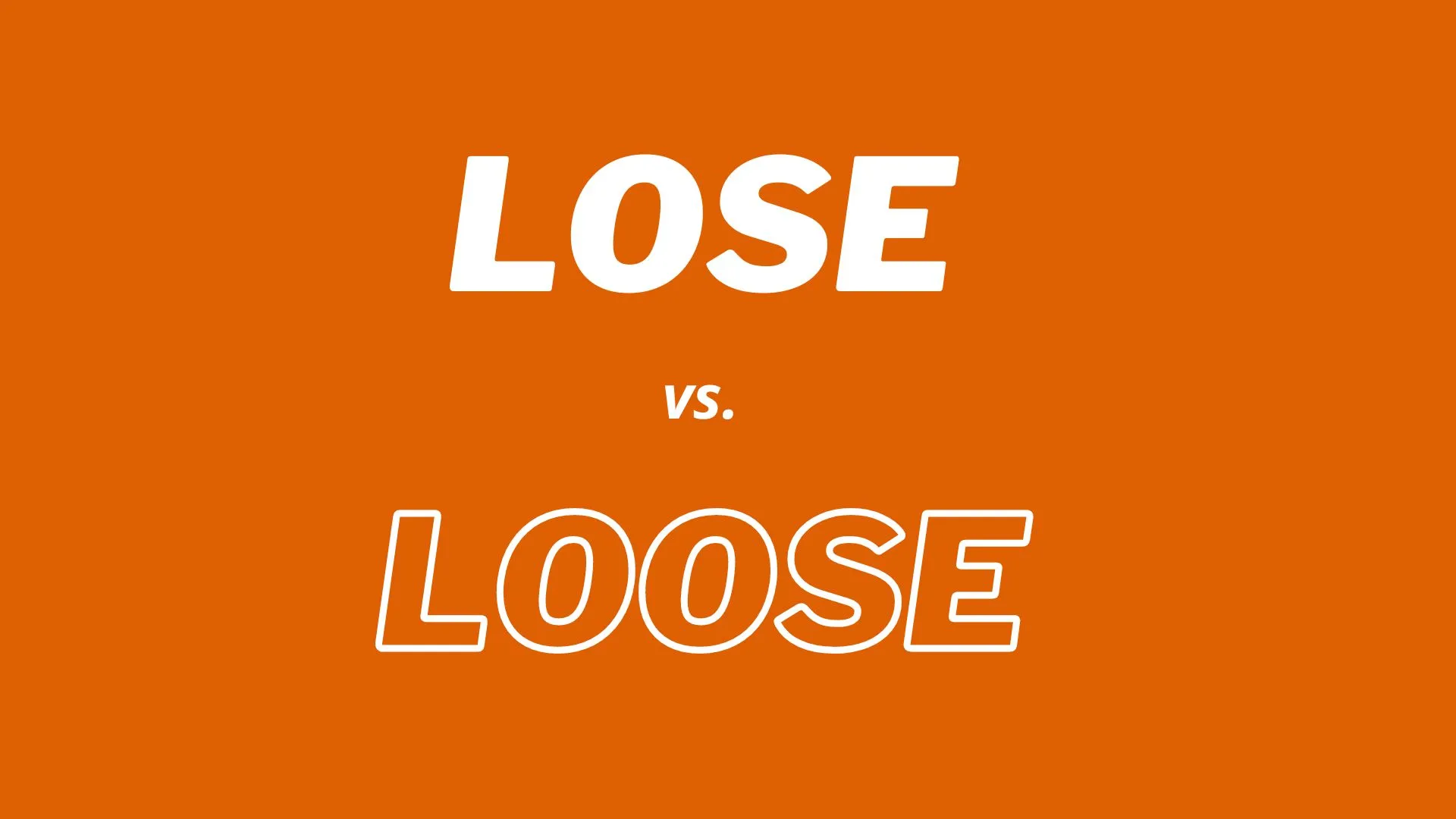

Many English learners often struggle to understand and master the nuances of English grammar. One of the most common mistakes English learners make is confusing the words “lose” and “loose.” In this article, we will explain the difference between “lose” and “loose” and provide valuable tips on remembering the difference between these two words. We will also include some exercises and fun activities that can help you practice the usage of “lose” and “loose” in American English.

The two words “lose” and “loose” are homophones, which means that they sound the same but have different meanings and spellings. The word “lose” is a verb, and it means to fail to keep or maintain something or to fail to win something. On the other hand, “loose” is an adjective and it means not tight or not confined. For example, if you “lose” your keys, it means you can no longer find them. If your pants are “loose,” it means they are not tight. It is essential to understand the difference between “lose” and “loose” in order to use them correctly.
Here are some examples of how to use “lose” and “loose” in sentences:
Here are some useful tips to help you remember the difference between “lose” and “loose”:
The easiest way to remember the difference is to think of the word "noose.” A noose is not “loose”; if you have a noose around your neck, you may “lose” your life. This is a good way to remember the difference between “lose” and “loose.”
Another way to remember the difference is to think of the idiom “loose lips.” If you have “loose” lips, you may say something that will cause you to “lose” a friend.
If you still have trouble remembering the difference, try to make a mental image of a “loose” rope. A tight rope will not let anything “lose,” while a “loose” rope will let things slip away.
Here are some exercises you can use to practice the difference between “lose” and “loose”:
Fill in the blanks with the correct word:
Answers: 1. “lose” 2. “loose” 3. “lose” 4. “loose” 5. “lose” 6. “loose” 7. “lose”
Here are some fun activities you can use to practice the difference between “lose” and “loose”:
It is important to note that there are some differences between British and American English when it comes to the usage of “lose” and “loose. In British English, the word “loose” is usually used as an adverb when referring to something that is not tight. In American English, the word “loose” is usually used as an adjective when referring to something that is not tight. It is important to be aware of these differences to use “lose” and “loose” correctly in American English.
In conclusion, it is important to understand the difference between “lose” and “loose” in order to avoid making any mistakes. The easiest way to remember the difference is to think of the idiom “loose lips.” It is also important to be aware of the differences between British and American English when using these two words. There are many fun activities that can help you practice the use of “lose” and “loose.”
Date: January 10th, 2023
 Rob
Rob